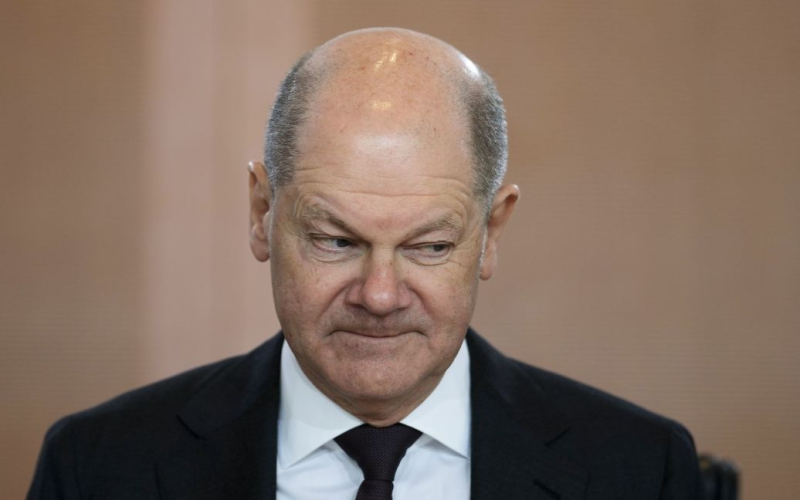
The head of the German government insists that the export-oriented German economy be given the opportunity to continue exporting goods to other countries that should not end up in Russia.
German Chancellor Olaf Scholz denies that his country, like Hungary once did, is blocking the introduction of new sanctions against the Russian Federation. According to him, Berlin's position is that the EU's restrictive measures should not interfere with the activities of German companies.
The head of the German government said this on Saturday, June 15, in an interview with the ZDF television channel, Deutsche Welle reports.
According to him, “intensive work” on sanctions is being carried out together with other participants in the process and, in particular, in agreement with representatives of German industry.
Scholz insists that the export-oriented German economy be given the opportunity to continue exporting goods to other countries that should not end up in Russia, and demands that the clause on the liability of European companies for violating sanctions be repealed.
At the same time, the German Chancellor rejected a comparison of his country with Hungary, which has previously repeatedly blocked the adoption of sanctions against the Russian Federation, calling it “complete nonsense.”
Earlier, due to Germany's position, the European Union was unable to agree on the 14th package of sanctions against Russia, which, in particular, includes a ban on the transshipment of Russian liquefied natural gas and the prosecution of EU operators for violating sanctions by their subsidiaries and partners in third countries.
It was planned that new sanctions against the Russian Federation would be adopted by the EU before the start of the peace summit in Switzerland, but the discussion of penalties had to be postponed until June 19.
Recall that household appliances from well-known Western companies produced for the Ukrainian market, in particular Bosch, Delonghi and Philips, began to appear in the Russian Federation due to marketplaces and store chains electronics.
Related topics:
More news

